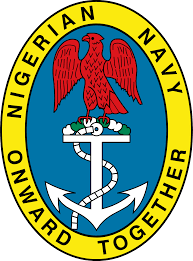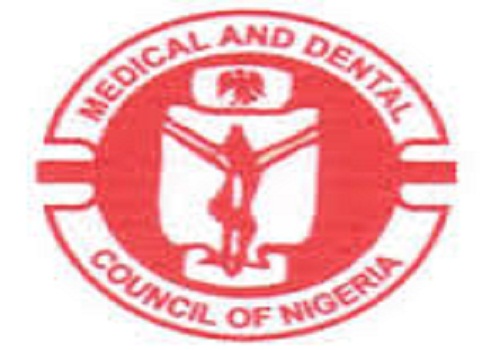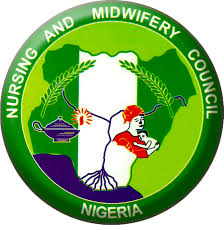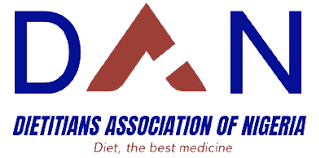MEDICAL AND DENTAL CONSULTANTS’ ASSOCIATION OF NIGERIA (MDCAN) POSITION ON “BILL FOR AN ACT TO AMEND THE UNIVERSITY TEACHING HOSPITALS (RECONSTITUTION OF BOARDS ETC.) ACT CAP U15 LFN 2004”
The attention of the Medical and Dental Consultants’ Association of Nigeria (MDCAN) has been drawn to a bill currently in the House of Representatives arm of the National Assembly, entitled “Bill for an Act to amend the University Teaching Hospitals (Reconstitution of Boards etc.) Act Cap U15 LFN 2004” sponsored by Honourable Bamidele Salam representing Ede North/Ede South/Egbedore/Ejigbo Federal Constituency of Osun State. This bill, among other things, seeks to (1) Change the nomenclature of the Head of Tertiary Health Institutions in Nigeria from Chief Medical Director (2) Redefine the qualification of the Head of Tertiary Hospitals (3) Provide a definite tenure of office for the Heads of Tertiary Hospitals (4) Include students of Health Sciences in the training programmes of Tertiary Hospitals (5) Include hospitals established post-enactment of the extant legal framework in the schedule and for other related matters (6) Restructure the composition of the Governing Boards of the Federal Government Tertiary Hospitals.
This obnoxious Bill did not come to us as a surprise, as we know that the Bill could not have been from any other source apart from a group of workers within the Federal Tertiary Hospitals in the country who are hell-bent on destroying these Hospitals due their perennial, insatiable quest to take over the Federal Tertiary Hospitals from the back door. As much as they wish, we are convinced that the National Assembly, relying on global best practices, would not align with the forces of anarchy to destroy the country’s already beleaguered health sector. We would like to put it on record that passing this Bill portends serious present and future risks to the effective running of the Federal Tertiary Hospitals with consequential poor outcomes for the Nigerian patients who go to these hospitals with the hope of getting the best of care. A bit of the history of the Medical and Dental profession and how the allied health care professionals were established would explain the rationale behind the agelong tradition of having the Medical and Dental Professionals as the best fit for the management of our hospitals. The training of the Medical and Dental Professional gives him/her a holistic view of ALL aspects of patient management, as well as the administration of the hospital towards achieving that priority, which is the patient care.
The sponsor of this Bill may need to be reminded that running a tertiary hospital, anywhere in the world, has never been a popularity contest, just as no military establishment has ever left its commands (like the Chief of Army Staff, Chief of Air Staff, Chief of Naval Staff or Chief of Defence Staff) in the hands of non-combatant support staff because of their possible numerical advantage. Due to their holistic training and exposure, military personnel will always lead a military mission, just as the judiciary is always led by a trained lawyer and not any non-lawyer.
At risk of repeating ourselves, the passage of this Bill by Nigeria’s House of Representatives remains a recipe for disaster in the running of our Federal Tertiary Hospitals. There are specific roles for every professional within the hospitals and the hospital administrators should be encouraged and empowered to ensure appropriate job descriptions for every professional that works within our Tertiary Hospitals and ensure that those job descriptions are strictly adhered to. Based on what we know, we will blame ourselves if we stay by and watch the Nigerian health sector retrogress as a result of insatiable quests by an amorphous amalgam of power-seeking health care workers. There is a growing body of evidence, the world over, to show that Physician-led hospitals are better managed with measurable advancement in all aspects (patient care, infrastructure development and economy of the hospitals) compared to non-Physician-led hospitals. Furthermore, analyses from those studies show that hospital quality scores are at least 25% higher in physician-led hospitals than in non-Physician-led hospitals (Stoller et al 2016, Rotar 2016, Goodall 2011, Clay-Williams 2017, and Gupta 2019). As a matter of fact, the findings from these studies are within reach. Physicians, by virtue of their training, orientation, and experience, place their focus on the primary users of services in the hospital: the patient – whose care, as a matter of fact, is registered in the hospital in the Physician’s name. For this reason, they apply patient-focused strategy to hospital administration. It therefore calls to question why a Bill of this nature is being introduced in the House of Representatives at this time. One would have expected that anyone genuinely concerned about the poor health care delivery in the Federal Tertiary Hospitals would sponsor bills that would consider patient-centred care strategies, address the poor infrastructure that exists in our Federal Tertiary Hospitals, grave budget and human resource constraints that have all contributed to unacceptably poor patient outcomes from our Tertiary Hospitals.
Bills that will promote drivers of sustainable growth and development of our Tertiary Hospitals are what Nigeria needs at this time, not the ones that will add to volatility of the sector arising from using legislation to remove professionalism and expertise from the leadership structure of Tertiary Hospitals. Incidentally, one continues to wonder how a change in the nomenclature of the Chief Medical Director and reconstitution of the Boards of the Federal Tertiary Hospitals would benefit the average Nigerian patient who does not benefit from any financial risk protection while accessing health care but mostly pays out-of-pocket. At the risk of sounding repetitive, how would this Bill improve the poor infrastructure that currently defines our Tertiary Hospitals? And how will it improve skilled manpower shortage and the avalanche of redundant personnel that contribute little to nothing to patient care, or the fiscal deficits that constrain the Government from meeting its obligations to the Tertiary Hospitals? The questions are endless. It is about time we all start addressing the essential enablers of improved health system performance in Nigeria.
Finally, we encourage the National Assembly to throw out this obnoxious Bill and engage the critical stakeholders in instituting Bills that would bring quality, efficient, and affordable healthcare services to all Nigerians.
DR. VICTOR MAKANJUOLA
President
DR. YEMI R. RAJI
Secretary General





